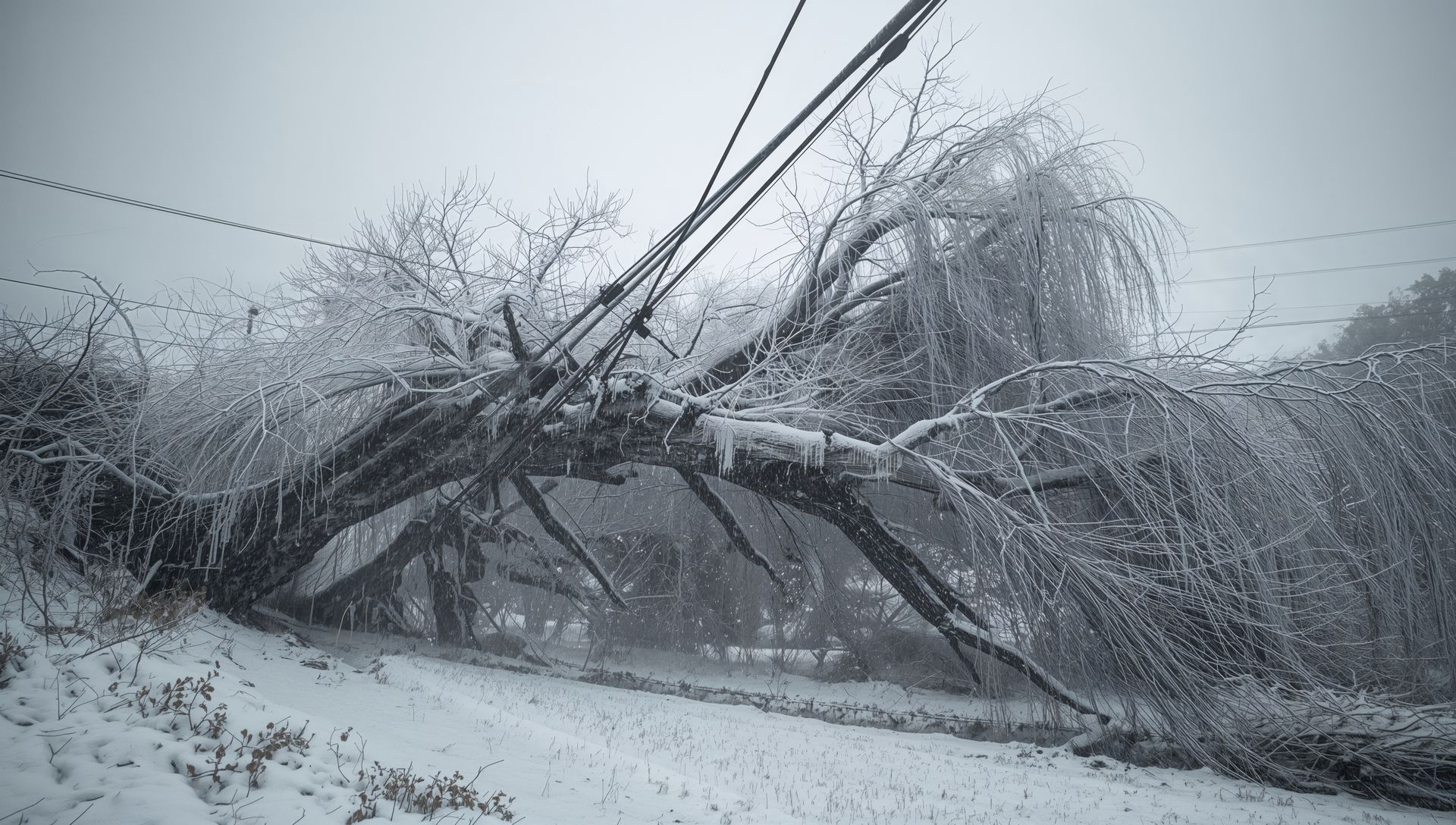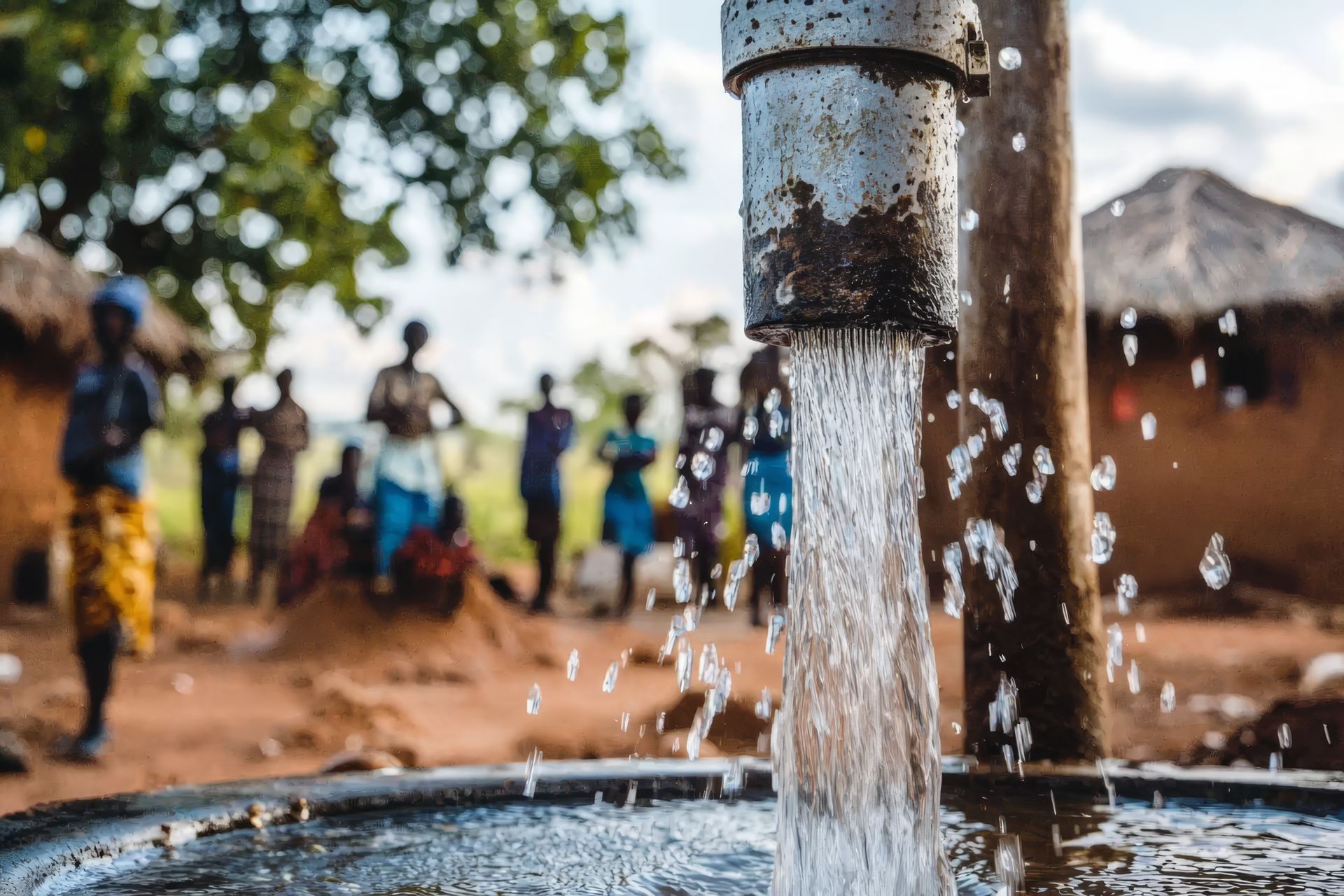The Observations of John
Throughout my father’s adult life, at least the part of which I was a part, he never cared much for perfect timing—unless it was for a good joke or the beginning of a funeral. Beyond that he tended to be perpetually late simply because he would never tell anyone that he had to go. If you had his attention, it was undivided and eternal, at least until you were prepared to end the conversation.
In keeping with his philosophy, his death was the epitome of poor timing. Not that he had anything to do with it, but that did not alleviate the problem. It was the Monday afternoon of Thanksgiving week and, knowing how far-reaching it could be, we elected to wait to begin his visitation until the Saturday immediately following the holiday. We had no need to make people choose between their holiday plans with their families and funeral plans with ours. Besides, we knew who’d be on the losing end of the deal.
That particular span of time allowed for several things, one being that I could attend the devotional service at our church on Thanksgiving eve. Dad’s death had been years in the making, and forty-eight hours plus had passed so I was good. I could handle people approaching me and telling me how sorry they were and how much they would miss him and what a good man he was and all those other things we are prone to saying when someone has just died.
As I suspected, the line formed immediately following the last amen and I managed rather well until this one particular friend finally stood before me. I could feel my nose as it began to turn Rudolph red—the one tell that I have, the one indication that the tears are just beneath the surface. I scowled at him and, wagging my finger in his face, said, “You. With you I will cry.” But he put his arms around me and hugged me as best he could with a pew in between us, and whispered two very profound statements in my ear. “You are now truly an orphan” and “You are the next generation.” I assured him that, if he’d meant his words to be of some consolation, he had failed miserably and we laughed and he expressed the traditional words of sympathy, and moved aside.
Those words have haunted me since that day, I believe mainly because of the truth they carry. You are never really an adult until your parents truly leave you. It doesn’t matter if they are physically incapacitated or mentally lost to you, as long as there is breath in their bodies you are still a child. But when that connection to your past dies, literally and metaphorically, something leaves you; that stability, that lifetime of dependence, disappears forever. You are orphaned in every sense of the word and no amount of extended or immediate family will change that.
And as for my generation being next, it is a sobering and daunting thought. Within my family—the descendants of my parents—I am the generation that now finds itself facing the prospects of our own mortality. Even though in this profession we realize that life and death do not behave predictably or within our sense of order, I understand that, barring circumstances beyond my control, I am the generational layer between my children and death. I am the next to leave this world, hopefully for better plains. There are days that thought precipitates a sense of urgency. Have I accomplished anything? Have I prepared my children as best I could? Will I leave this world somewhat better than when I arrived? And then there are those days when I simply wish to be still without the demands for my time and my attention so that I may reflect upon all that has been and what might still be yet to come.
As soul-shaking as his words might have been, I will be forever grateful they were whispered in my ear that night. The death of a generation will do one of two things—it will breathe renewed life into the next or paralyze it with fear and sorrow. It may be a difficult journey of unpredictable length but, to a great degree, we have the ability to determine which path will be ours—and as long as it is within our power, I hope we will not succumb to fear and sorrow. I hope we will choose life.
The post The Observations of John appeared first on Shackelford Funeral Directors | Blog.












